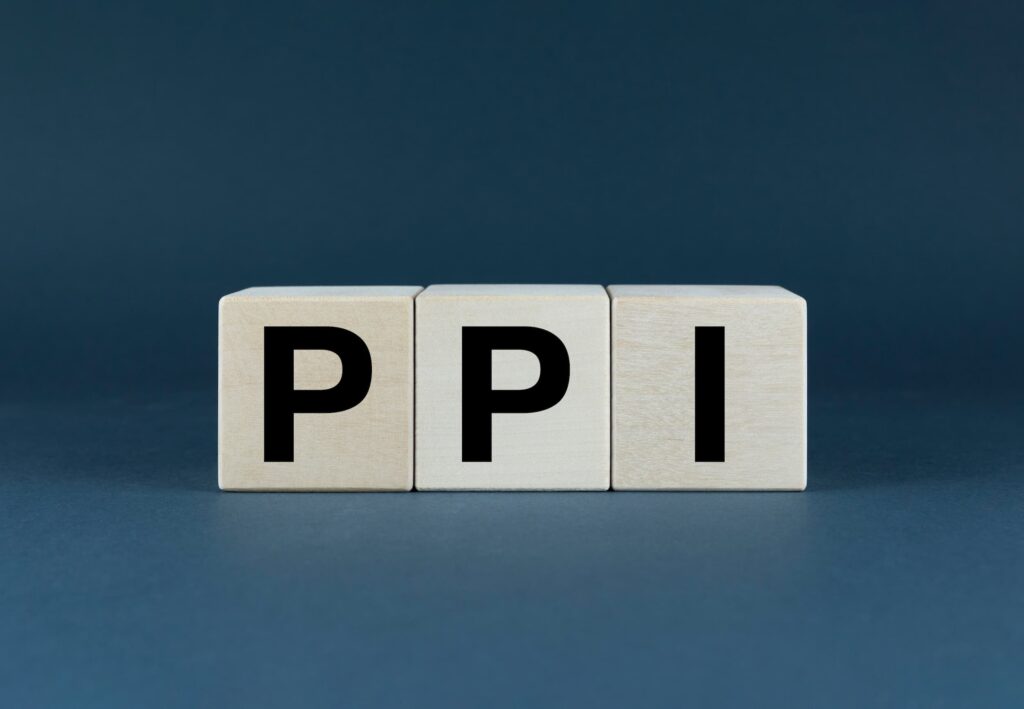
Although payment protection insurance (PPI) isn’t making the headlines like it used to, the Financial Conduct Authority’s (FCA) awareness campaign means that, for many, it’s still a controversy fresh in the minds of the public.
As a result, some mortgage and financial specialists are concerned that, due to the similar names, people may confuse mortgage payment protection insurance (MPPI) with PPI and avoid taking out the cover they need out of a perception that MPPI is a bad financial decision.
Below, we explain the differences between PPI and MPPI and outline some of the benefits of taking out MPPI to help safeguard your loved ones financially.
What is the difference between mortgage payment protection and PPI?
MPPI, as the name suggests, covers your mortgage payments only in the event of you being prevented from making the payments yourself. PPI included mortgage protection, too, but it could also cover:
- Student loans
- High street store cards
- Business loans
- Credit cards
- Home improvement loans
- Car finance
- Catalogue shopping accounts.
In some cases, PPI was sold under a different name specific to the kind of payments it was meant for. For example, PPI attached to a credit card might be called credit card repayments cover.
If what we’ve described sounds innocent enough, that’s because it was. PPI was – and still is – just another type of insurance that could help to pay off various financial obligations if you weren’t able to due to redundancy, illness, injury or death.
The controversy surrounding PPI arose because some companies were mis-selling it – in other words, they sold it to people who didn’t really need it, or attached high levels of commission to the terms so that they’d make lots of money out of the deal. Some people were even sold PPI without realising it.
When all this was uncovered, many people made complaints and legal claims to get their money back, which resulted in the public awareness campaign. This was an attempt to help people who didn’t realise they’d been mis-sold PPI to make the claim they were entitled to.
These days, you can still get PPI, though there are stricter rules about selling it. This helps to prevent it being mis-sold again, protecting your financial interests.
MPPI is technically a subcategory of PPI, but the tighter restrictions and regulations surrounding this kind of financial product means that taking out MPPI is no more dangerous than any other insurance policy. In fact, many financial advisers recommend using an insurance broker to take out MPPI as a sensible protection for their home and loved ones.
Should I take out mortgage protection insurance?
The term ‘mortgage protection insurance’ is actually an umbrella term that covers several types of insurance that can help to protect against defaulting on your mortgage loan. This includes MPPI. Other types of insurance that can help with this include:
- Income protection insurance
- Critical illness insurance
- Life insurance.
Mostly, the differences between these similar forms of insurance relate to the terms and what they cover. For instance, critical illness insurance protects you if you fall ill or sustain a serious injury, but it won’t help you if you are made redundant from your job.
However, the three forms of protection listed above can be customised to cover any sum you like – meaning that they could provide funds for other financial obligations like household expenses and bills as well as your mortgage.
Additionally, some forms of protection will provide monthly payments for a duration to help you out temporarily. Others, on the other hand, provide a lump sum, allowing you to pay off your mortgage in full and handle any other debts.
Choosing the right kind of mortgage protection for your needs is vital, but the benefits of taking out some form of mortgage protection can’t be overstated.
For most people, their mortgage is the single largest loan they have to deal with, often with sizeable monthly repayments to take care of. If you were to lose your primary income source for any reason, taking mortgage payments out of the picture would significantly reduce your monthly outgoings, helping your savings to last longer while you find new income.
Mortgage protection insurance isn’t mandatory, so you aren’t legally required to have it in order to get a mortgage. But it’s worth considering how you’ll keep up with your mortgage payments if you don’t have this kind of protection in place. After all, it’s better to be safe than sorry.

